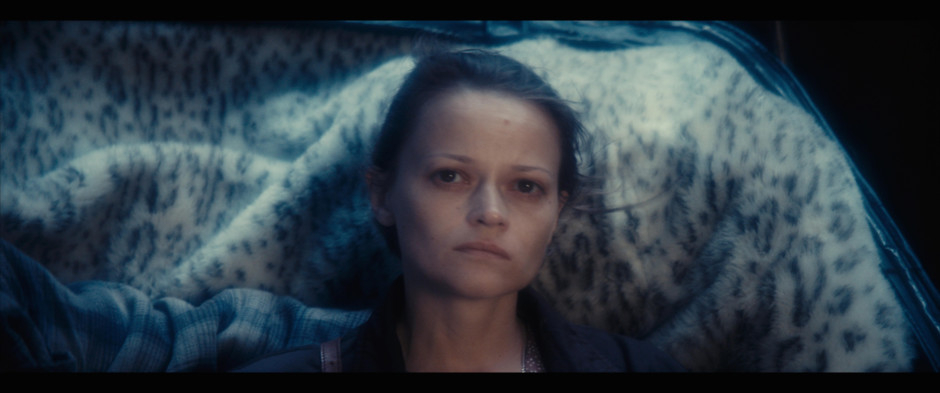
The 70th edition of the Cannes Film Festival is reaching the end and soon we will find out who the jury, presided by Pedro Almodovar, will award.
There have not been many great films. The ones that have distinguished themselves in the early days of the festival have remained at the top of the critics’ list.
Festival favorites so far have been Loveless, by Andrey Zvyagintsev; The Square, by the Swedish Ruben Ostlund; 120 Beats per Minute, by Robin Campillo; Happy End, by Palme d’Or-winning Austrian director Michael Haneke; Hikari, by the Japanese Naomi Kawase; and Krotkaya, by Belarus director Sergei Loznitsa.
After In the Fog (2012), The Bridges of Sarajevo (2014), Maidan (2014) and Austerlitz (2016), Sergei Loznitsa presents Gentle Creatures in the official selection of the 70th edition of the Cannes Film Festival and is at the forefront of the competition for the Palme d’Or and for the best actress award. Great photography and great acting create a perfect synergy, that lets 143 minutes go by with great lightness. If the jury presided by Pedro Almodovar decided to assign an award to the entire cast of a film, Lotnitza’s would be the perfect candidate, because the director showed us how rich the Russian school of acting is, regardless of the length or importance of the topic. The film takes place in the periphery of Russia, where times seems to stand still. What is perceived is not only the setting and the costumes but also the absurdity in which the characters move. This is apparent, especially in the great resignation in which the main characters played by Vasikina Makovtseva, of whom we don’t know the name, but we know that she is a poor worked employed as a night guardian at a gas station. “The sweet lady”, as the director defines her, embarks on an absurd journey through which he crosses the country to go towards the prison where her husband is locked.
“The sweet lady” wouldn’t have embarked on this journey had he not received a package of personal items sent by her husband. During the journey and her long odyssey, we discover the absurdity in which every citizen of a county run by a despot lives. The film is Russian but the events could take place anywhere in the world. “The sweet lady” finds herself in stories similar to those found in the novels of Dostoevsky , Gogol and Nekrasov or even Kafka, where the underbelly of society mixes with the bureacratic nightmare that is part of her torment.
— Erfan Rashid is an Iraq-born journalist and film critic based in Italy. He’s the former director of Arabic Programmes at the Dubai International Film Festival













